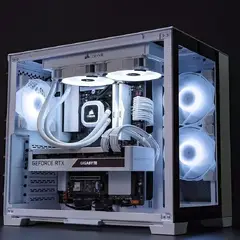processor architecture
-
Featured Topics
-
Topics
-
Other James ·
Posted in LMG Sponsor Discussion0 -
6
-
BentleyOwen123 ·
Posted in New Builds and Planning2 -
7
-
5
-
KuroKami07 ·
Posted in Displays3 -
7
-
4
-
5
-
25
-




















Create an account or sign in to comment
You need to be a member in order to leave a comment
Create an account
Sign up for a new account in our community. It's easy!
Register a new accountSign in
Already have an account? Sign in here.
Sign In Now